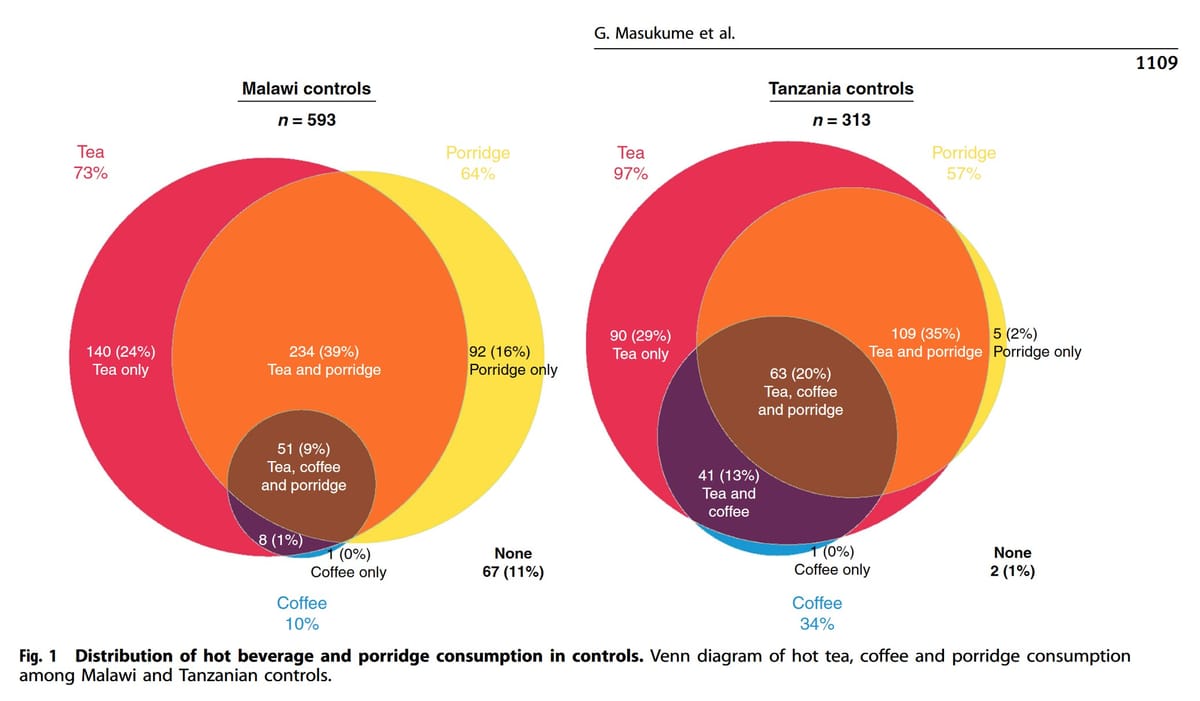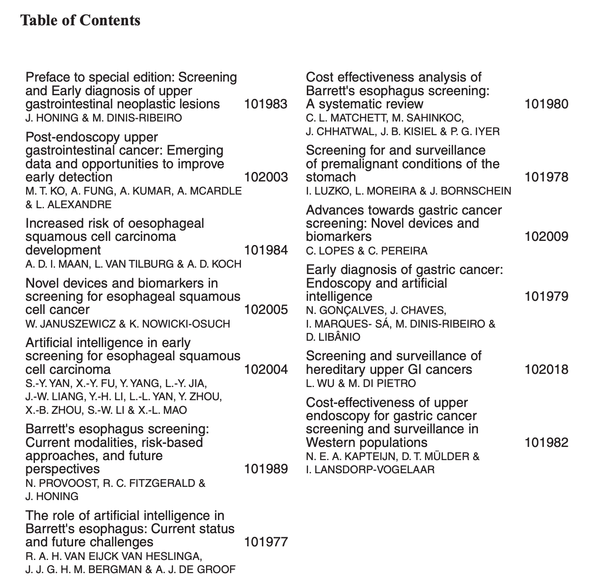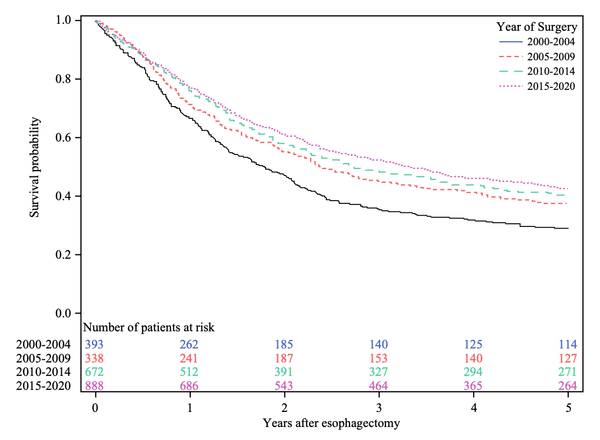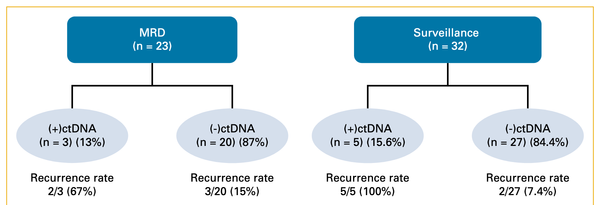Hot food and beverages and risk of esophageal squamous cell carcinoma in Africa

The habitual intake of very hot beverages has long been implicated in increasing risk of ESCC in higher-incidence areas in China, Iran and other countries, but is less well studied in high-incidence countries of East Africa. In this carefully-conducted case-control study in Malawi and Tanzania, investigators observed consistently elevated risk of ESCC with higher consumption temperature, shorter time from serving to consumption, faster consumption speed and mouth/tongue burning from hot beverage/porridge consumption. A composite measure of these thermal exposure metrics revealed a strong dose-response relationship, with relative risk of ESCC ranging up to 4.6-fold. The authors conclude that:
"The present findings indicate that the thermal injury pathway may be a significant contributor to ESCC risk, as consumption of hot beverage/food is commonplace in adults, thus cancer control plans should consider advice to reduce this exposure"
Br J Cancer. 2022 Oct;127(6):1106-1115. doi: 10.1038/s41416-022-01890-8. Epub 2022 Jun 29.
A very-hot food and beverage thermal exposure index and esophageal cancer risk in Malawi and Tanzania: findings from the ESCCAPE case-control studies
Gwinyai Masukume, Blandina T Mmbaga, Charles P Dzamalala, Yohannie B Mlombe, Peter Finch, Gissela Nyakunga-Maro, Alex Mremi, Daniel R S Middleton, Clement T Narh, Steady J D Chasimpha, Behnoush Abedi-Ardekani, Diana Menya, Joachim Schüz, Valerie McCormack
PMID: 35768549
Abstract
Background: Consumption of very-hot beverages/food is a probable carcinogen. In East Africa, we investigated esophageal squamous cell carcinoma (ESCC) risk in relation to four thermal exposure metrics separately and in a combined score.
Methods: From the ESCCAPE case-control studies in Blantyre, Malawi (2017-20) and Kilimanjaro, Tanzania (2015-19), we used logistic regression models adjusted for country, age, sex, alcohol and tobacco, to estimate odds ratios (ORs) and 95% confidence intervals (CIs) for self-reported thermal exposures whilst consuming tea, coffee and/or porridge.
Results: The study included 849 cases and 906 controls. All metrics were positively associated with ESCC: temperature of drink/food (OR 1.92 (95% CI: 1.50, 2.46) for 'very hot' vs 'hot'), waiting time before drinking/eating (1.76 (1.37, 2.26) for <2 vs 2-5 minutes), consumption speed (2.23 (1.78, 2.79) for 'normal' vs 'slow') and mouth burning (1.90 (1.19, 3.01) for =6 burns per month vs none). Amongst consumers, the composite score ranged from 1 to 12, and ESCC risk increased with higher scores, reaching an OR of 4.6 (2.1, 10.0) for scores of =9 vs 3.
Conclusions: Thermal exposure metrics were strongly associated with ESCC risk. Avoidance of very-hot food/beverage consumption may contribute to the prevention of ESCC in East Africa.




